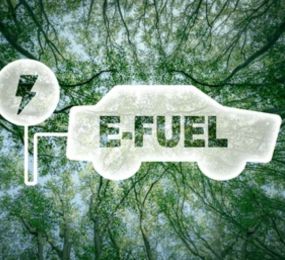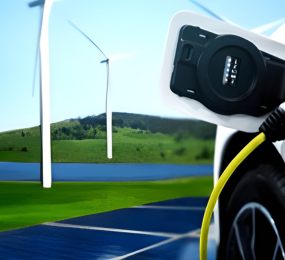The Future of Electric Vehicles and Charging Infrastructure in Europe
The future of electric vehicles (EVs) in Europe holds great promise for sustainable transportation and a greener future. As countries prioritize reducing carbon emissions and combating climate change, the adoption of EVs is gaining momentum across the continent. To support this transition, a robust and widespread charging infrastructure is crucial.
Europe is taking significant strides in developing a comprehensive charging network. Governments, businesses, and organizations are investing in the installation of charging stations in urban areas, highways, and public spaces. This expansion of charging infrastructure aims to alleviate range anxiety and provide convenient and accessible charging options for EV owners.
Furthermore, advancements in charging technologies are enhancing the charging experience and reducing charging times. Fast-charging stations capable of delivering a significant amount of power in a short period are becoming more prevalent. These stations, coupled with the development of high-capacity batteries, enable EVs to achieve longer driving ranges and reduce the time spent charging.
In addition to public charging infrastructure, home charging solutions are also being prioritized. Many EV owners have the convenience of charging their vehicles overnight at home using dedicated home charging units. This ensures a full charge each morning, making EV ownership more practical and convenient.
To accelerate the growth of EVs, governments in Europe are implementing various incentives and supportive policies. These include financial incentives, tax exemptions, and grants for purchasing EVs, as well as subsidies for installing charging infrastructure. Additionally, stricter emissions regulations and the phasing out of internal combustion engine vehicles are driving the shift towards EV adoption.
The future of electric vehicles in Europe also involves the integration of renewable energy sources and smart grid technologies. As EVs become more prevalent, they can serve as mobile energy storage units, allowing for bidirectional energy flow between the vehicles and the grid. This enables the optimization of renewable energy utilization and grid stability.
However, challenges remain on the path to a fully electric future. The need for standardization of charging connectors and protocols, as well as the coordination of charging infrastructure deployment, are critical to ensure interoperability and ease of use for EV owners across Europe.
In conclusion, the future of electric vehicles and charging infrastructure in Europe is promising. With the expansion of charging networks, advancements in charging technologies, supportive policies, and the integration of renewable energy, the transition to a sustainable transportation system is within reach. As EV adoption continues to grow, Europe is well-positioned to lead the way in creating a cleaner and greener future for mobility.
Visit our website to know more: https://www.leadventgrp.com/events/future-fuels-europe/details
For more information and group participation, contact us: [email protected]
Leadvent Group - Industry Leading Events for Business Leaders!
www.leadventgrp.com | [email protected]












